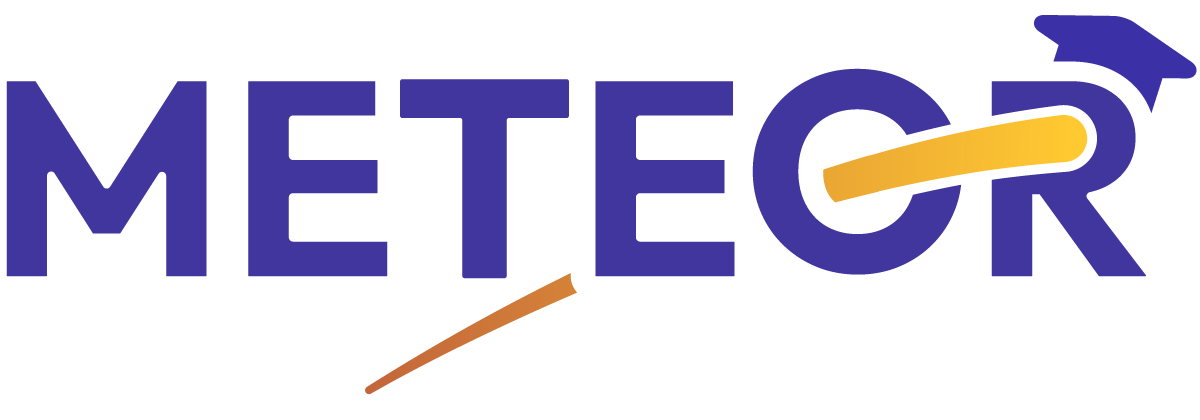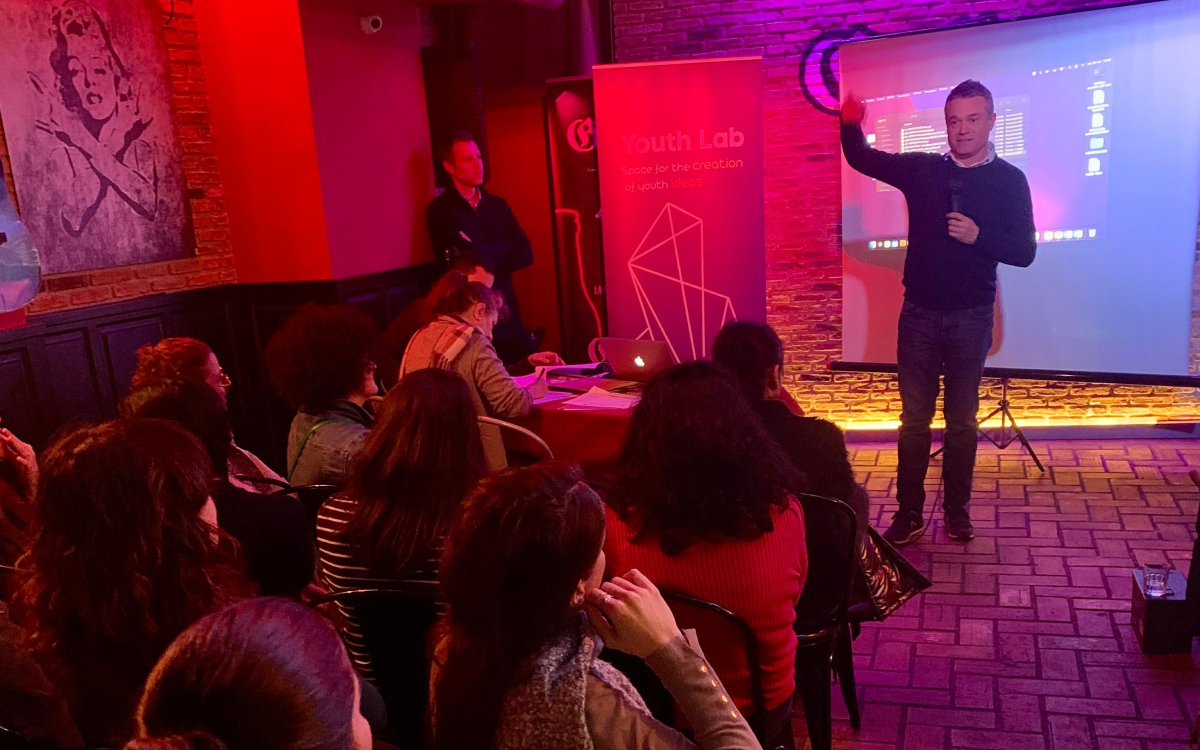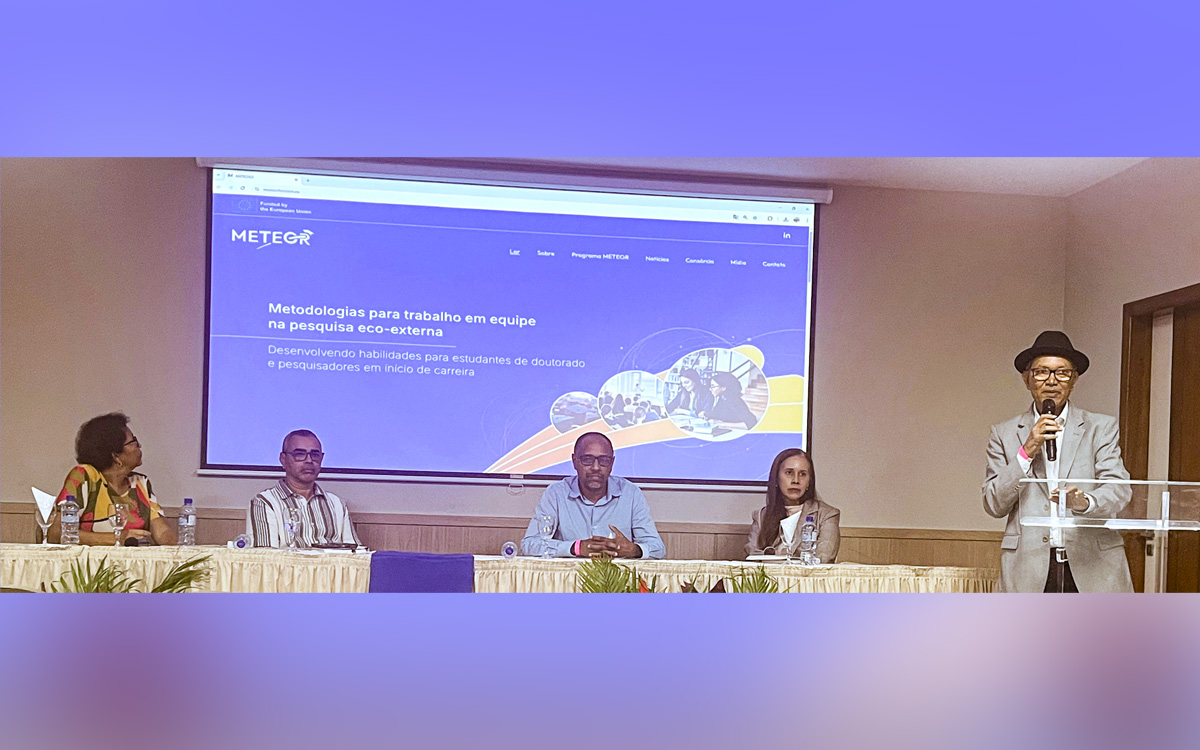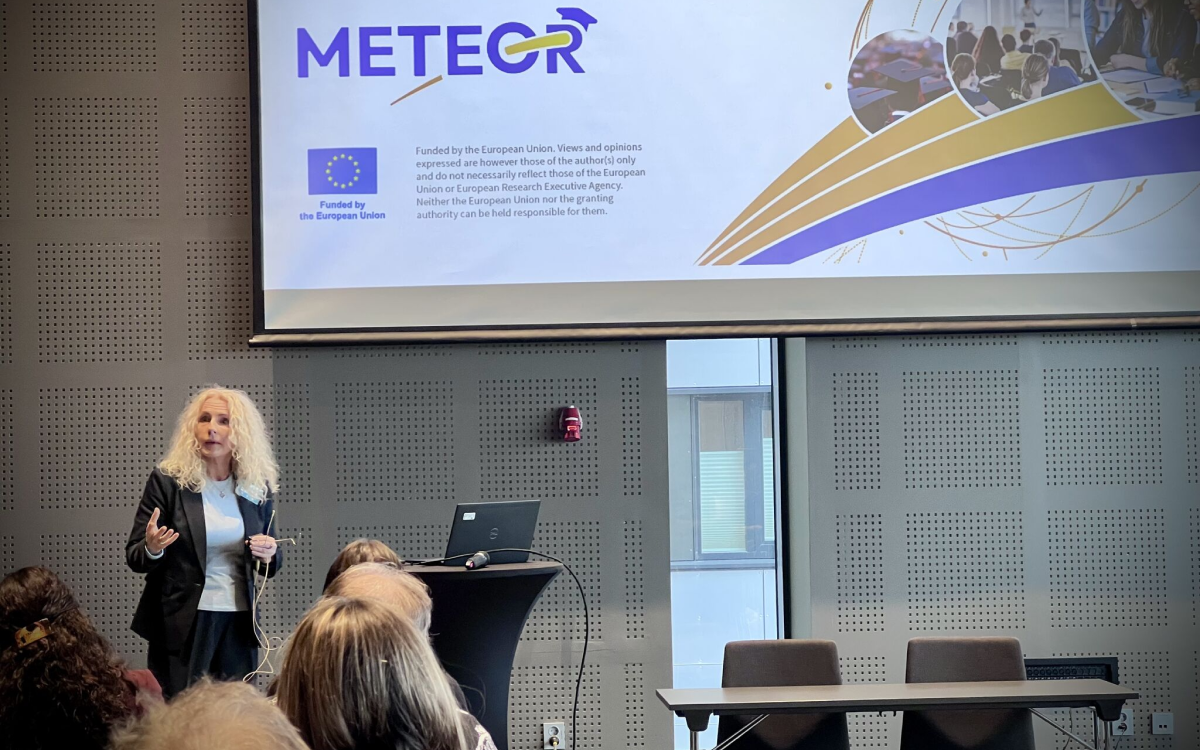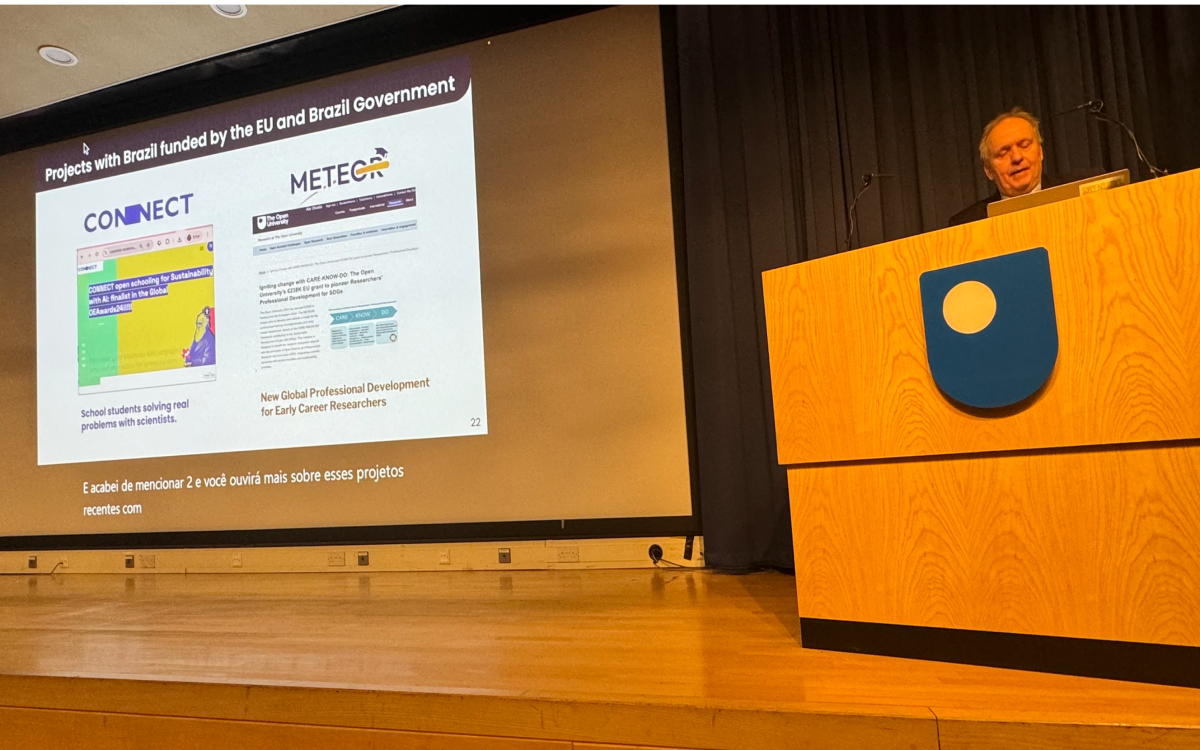
Open University Launches METEOR in the United Kingdom
Image 1: METEOR launched with Executive Dean Prof. Klaus-Dieter Rossade (OU-UK, WELS)
On January 24th, the EU-funded project METEOR – Methodologies for Teamworking in Eco-Outwards Research was introduced at The Open University (OU) in the UK during the Seminar on Global Education and Digital Transformation. METEOR aims to enhance the transversal skills of Early Career Researchers and PhD Students (PECR), creating a more inclusive and dynamic research ecosystem.
During this event, which included members from Europe, Africa, and South America, Professor Klaus-Dieter Rossade, Executive Dean of the OU’s Faculty of Wellbeing, Education and Language Studies (WELS), presented the faculty’s innovations in teaching and research. Dr. Alison Fox, Associate Head of School for Education, Childhood, Youth, and Sport (ECYS), introduced the UK Research Excellence Framework (REF) and the OU’s Open Societal Challenge programme. Professor Kieron Sheehy (ECYS) showcased AI for Educational Research.
The seminar brought together 45 attendees, including PhD and EdD candidates, academics, and visitors representing six universities, three schools, eight enterprises, two multinational corporations, three government institutions, and one NGO from Brazil and the USA, along with OU members from the UK, Brazil, Nigeria, and Zimbabwe. The event was organized in partnership with the Bett Show delegation, METEOR partners, and the CONNECT2030 Network.
Dr. Okada, Seminar Chair and principal investigator of METEOR in the UK, emphasizes:
“Education is at the heart of a sustainable planet. Transforming teaching and researching is crucial for a diverse, inclusive, equitable, and sustainable world. We must activate discussions of real-life issues with researchers to empower scientific thinkers to CARE about societal challenges, KNOW relevant content and approaches in context, and DO scientific actions for innovation with their communities for sustainability.”
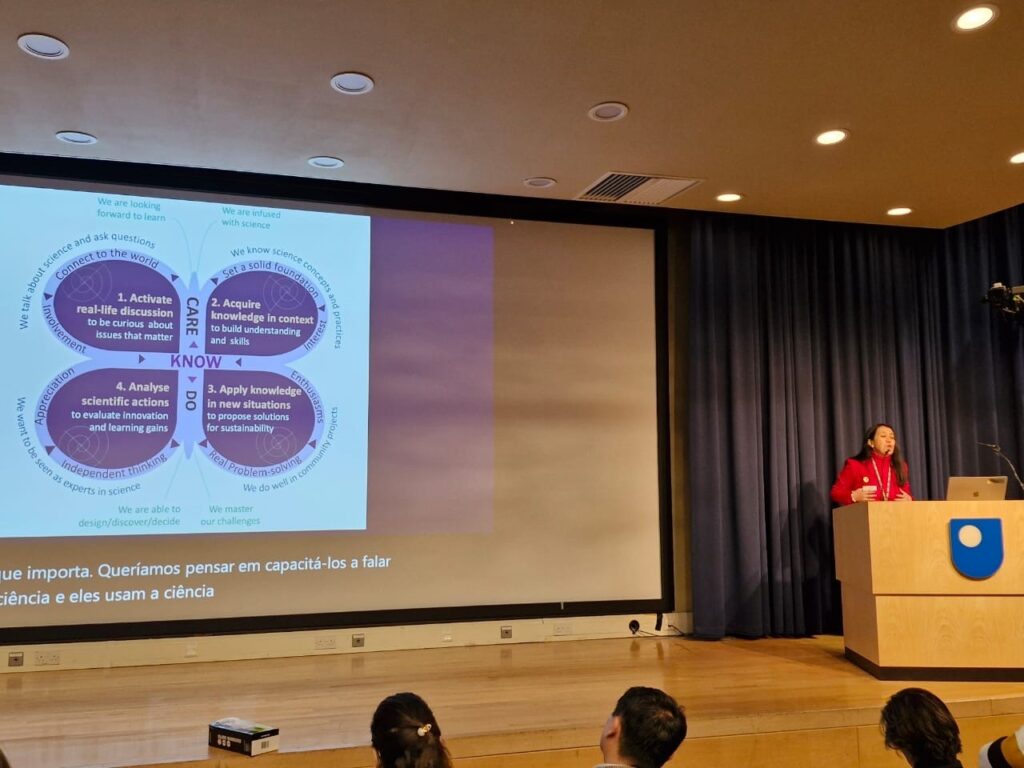
The seminar featured a mix of insightful presentations, a real-time tour, and dynamic discussions. Participants gained hands-on insights into cutting-edge technologies and collaborative projects offered by the OU. Dr. Trevor Collins (Faculty of Science, Technology, Engineering and Maths) demonstrated the award-winning OpenSTEM Labs, which provide remote access to advanced scientific tools and experiments.

Head of Future Learning Tim Seal and Senior Lecturer in Sports Coaching Dr. Ben Langdown presented the innovative XR Studio, highlighting the role of immersive technologies in enhancing engagement and understanding.
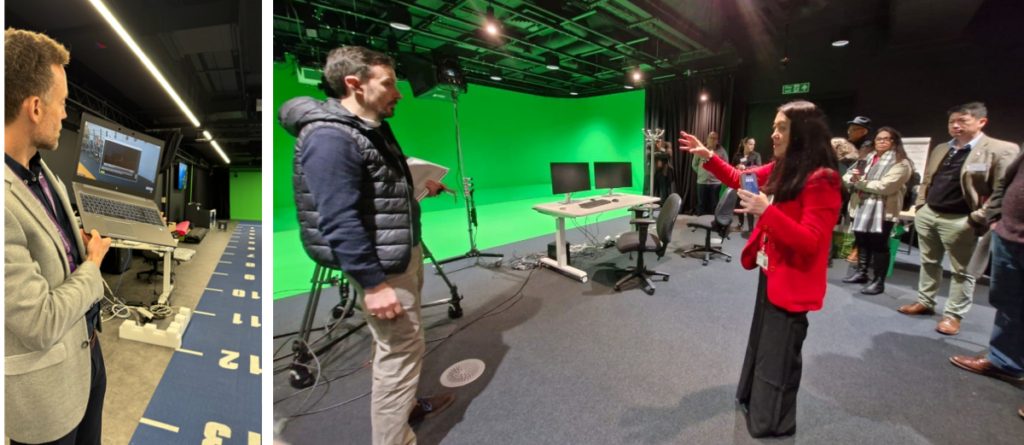
Multistakeholder and transdisciplinary teams then participated in two interactive workshops. The first, Transversal Competences, Equity, and AI, was led by Prof. Sheehy (head of Rumpus – Fun in Learning) and Mrs. Hedges (Research Manager of the Centre of Studies on Global Development, CSGD).
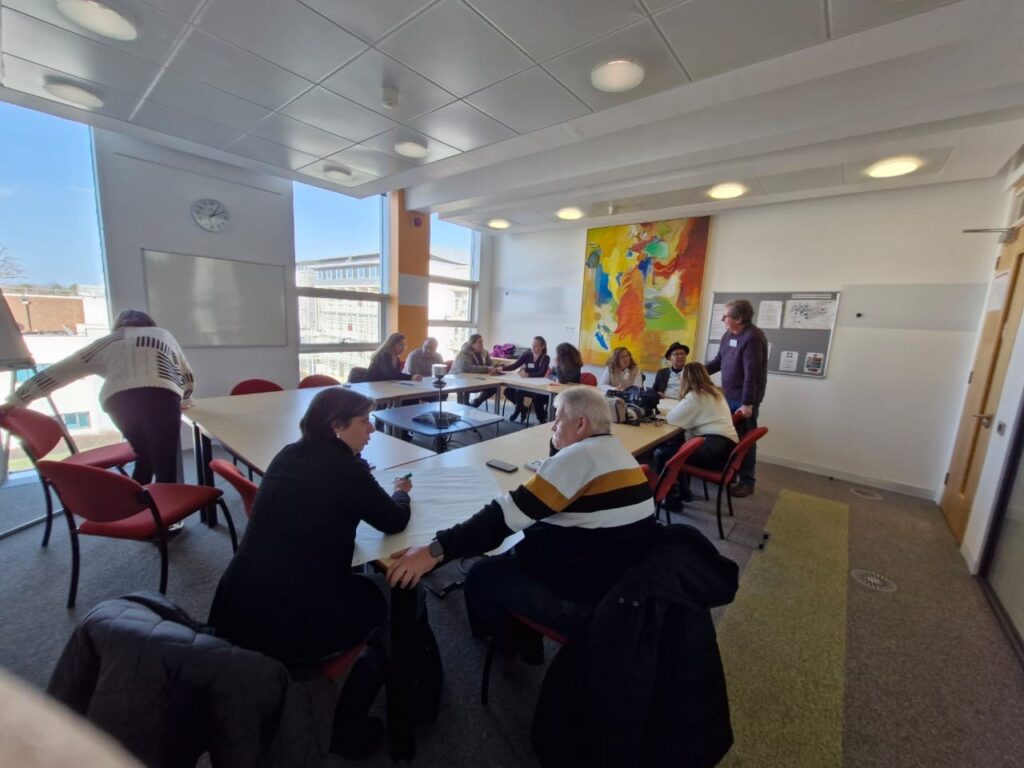
Another workshop on Diversity, Inclusion, and AI was facilitated by OU PhD student Owalabi Adelana (Nigeria), Research Fellow Dr. Margareth Ebubedike (Zimbabwe), and Dr. Alexandra Okada (Brazil). The METEOR discussions thus established a promising space for transdisciplinary collaboration, bringing together experts and emerging scholars to foster sustainable, innovative research and educational practices.
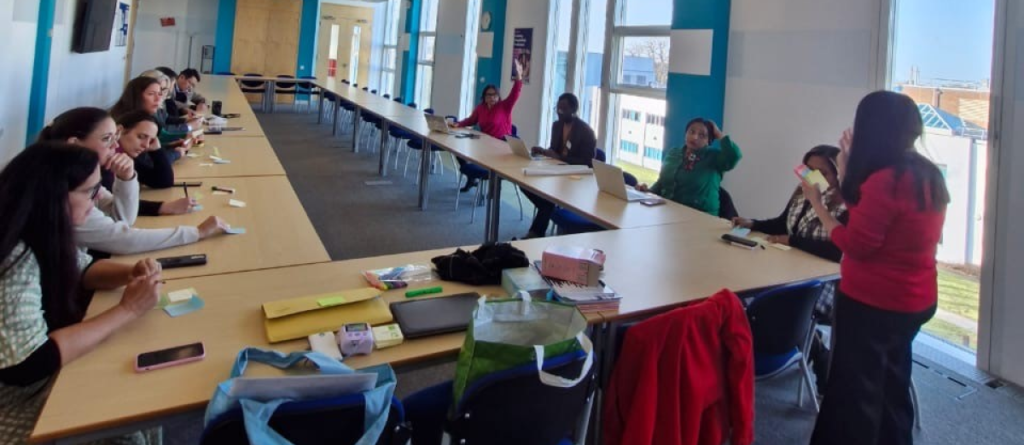
Following the workshops, attendees engaged in dynamic discussions on challenges and strategies for Global Education and Digital Transformation. The event culminated in a plenary session where participants shared key takeaways regarding questions, challenges, and drivers for empowering researchers to address sustainability.
Three initiatives presented at the Poster Exhibition were recognized as outstanding examples of the CARE-KNOW-DO approach underpinned by multi-actor studies.
Shown in the images 7 and 8 are:
- Social Media to Combat Human Trafficking, led by the State University of Bahia.
- Digital Inclusion, led by the NGO Anjos Digitais in partnership with the Brazilian Governmental Institute of Information in Science and Technology (IBICT).
- Augmented Reality in Schools, led by the LabTec research group.
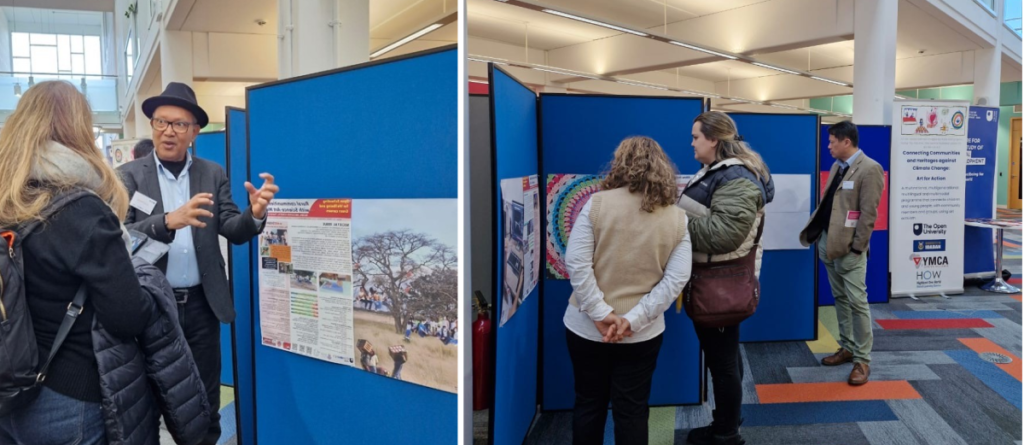
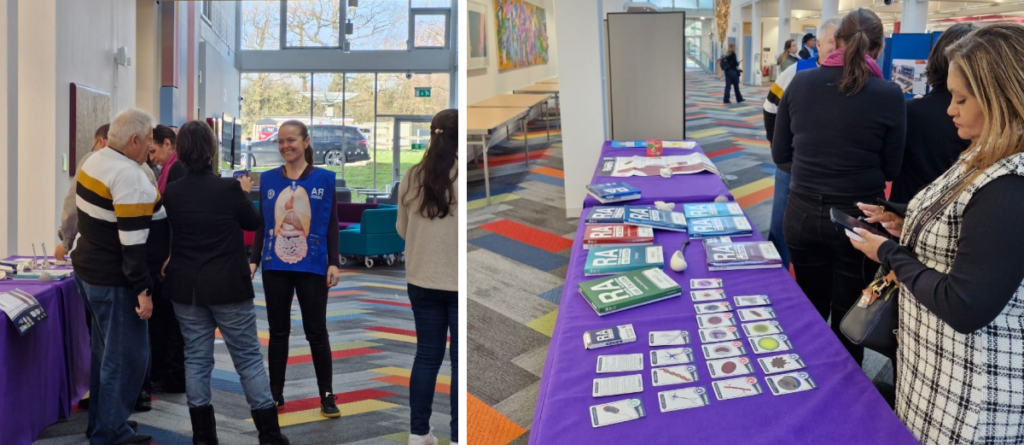
Here in Image 9, a secondary school student and a practitioner-research educator present their teamwork outcomes during a hybrid seminar, which was livestreamed and supported by real-time AI-based multilingual translation.

Dr. Okada’s research highlights the importance of empowering learning communities—including practitioners from schools, universities, enterprises, government, and civil society—to better align science and technology advancements with societal needs through long-term partnerships.
Three key outcomes were highlighted after the plenary:
- Enhanced Collaboration through cross-disciplinary and international networking opportunities.
- Innovative Topics for further debate, sparked by new ideas from interactive sessions.
- Technology Integration, prompting questions and reflections on how digital tools can transform education.
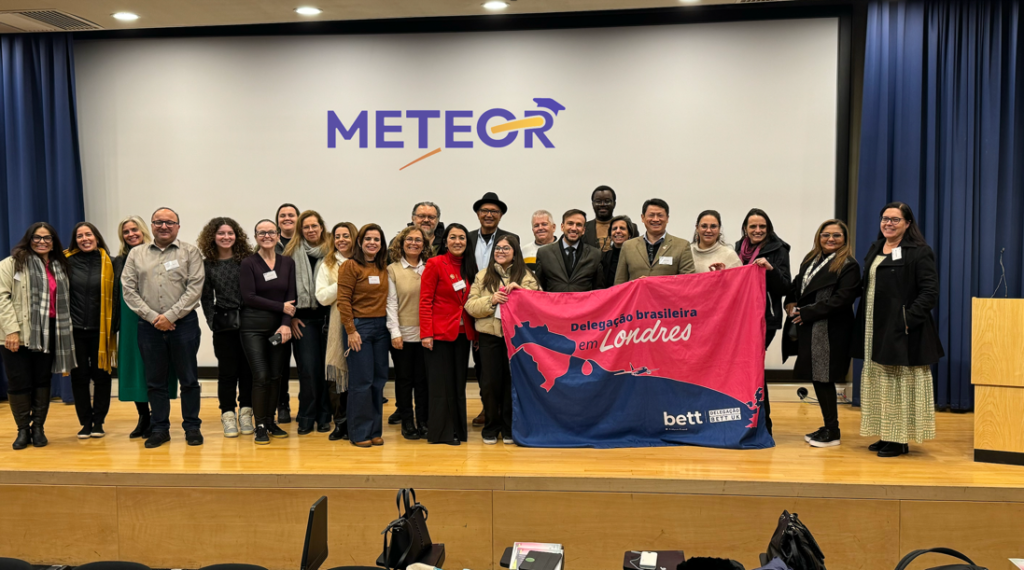
Join METEOR on social media to stay connected for upcoming workshops and collaborative sessions across Europe. Engage online through our digital platform and social media channels for continuous updates and networking.
Links
Author: The OU Rumpus Media Team (Dr. Ale Okada)
Keywords: METEOR Seminar, Open University, United Kingdom, Global Education, Digital Transformation
